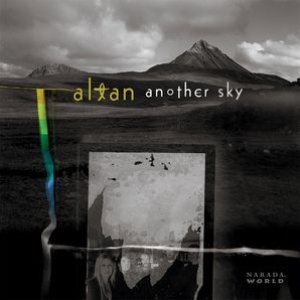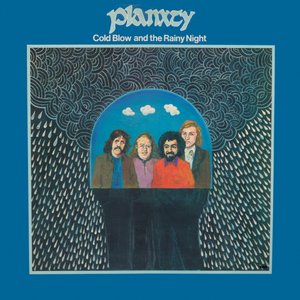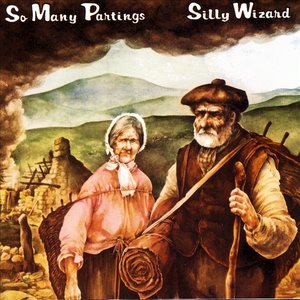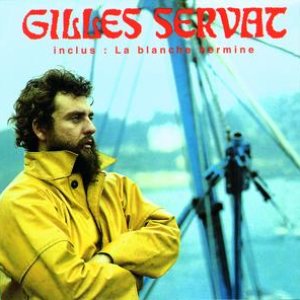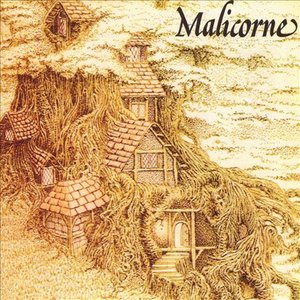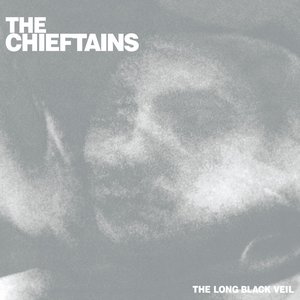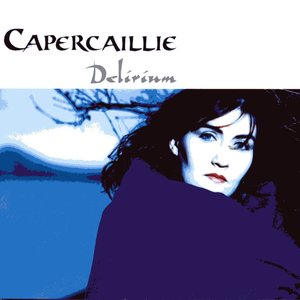Wiki
Alan Stivell - Live a l'Olympia 1972
Live, released in 1972 Songs / Tracks Listing
1. The Wlnd Of Keltia (3:42) 2. An Dro (3:07) 3. The Trees They Grow High (3:04) 4. An Alarc'h (2:25) 5. An Durzhunel (3:23) 6. Telenn Gwad 7. The Foggy Dew (3:59) 8. Pop-Plinn ((3:37)) 9. Tha Mi Sgith (4:22) 10. The King Of The Fairies (3:20) 11. Tri Martolod (4:27) 12. Kost Ar C'Hoad (3:54) 13. Suite Sudarmoricaine (3:29)
Total time 42:49 celtic folk rock,
Alan Stivell biography Born in 1944 in Gourin, Brittany, France, Alan Cochevelou was the son of Georges, who had rediscovered the Breton harp, and became a builder of said instrument. He gave Alan his first harp when Alan was only 9, and the boy was playing concerts before he reached his teens. He took an interest in pan-celtic music and became a professional musician at the age of 21. His adopted surname means "source". While he possesses a charming voice in Breton, French and English, his status as the savior of the Breton harp is unshakable. His willingness to explore the integration of the harp with other instruments and styles is what puts him in the same class as jazz greats who helped break down stylistic barriers and achieve recognition across the spectrum.
His first two recordings were done in the early 60s and eventually combined on one release. They represent the more "authentic" side, containg mostly well known traditional tunes played on solo harp. He did not release again until 1971 with the groundbreaking "Reflets" that introduced his endearingly languid vocal style to the richly plucked harp and set the groundwork for what was to come. He made the traditional his own and his own traditional. His most regarded early album is the instrumental work that summed up what his family had done from the perspective of the harp - "Renaissance de la Harpe Celtique" in 1972. Pre-dating the new age genre by over a decade, it simultaneously shows how beautiful that style could be when wedded to an ancient muse, and the degree to which so much new age music is superficial pseudo-intellectual doodling.
A succession of other accomplished albums followed in the 70s, such as "E Langonned" (1974) and "Journee a la Maison" (1978). He upped the ante with "Celtic Symphony" (1979), a heavily orchestrated affair that garnered mixed reviews and was nothing if not ambitious. Later albums that tend to receive accolades include "Mist of Avalon" (1991), Brian Boru" (1995) and even the more hi-tech "Explore" (2006). Over the years his output has been prolific - of course, as with any venerable artist, much overlap and many compilations and rereleases make it hard to discern the true output of the man. While he remains highly respected, his earlier work tends to remain the most recommended.
Through his nearly 50 year recording career, Stivell has never stayed still. While his explorations have not always been of interest to more dogmatic progressive fans, his tendency to shift gears and styles qualifies him for progressive archives, while his perennial roots make him a progressive folk natural.
Albumbeschreibungen auf Last.fm können von allen bearbeitet werden. Du kannst dich gerne beteiligen.
Sämtliche von Benutzern eingestellte Texte auf dieser Seite sind unter der Creative-Commons-Attribution/Share-Alike-Lizenz verfügbar. Es können weitere Bedingungen zutreffen.
